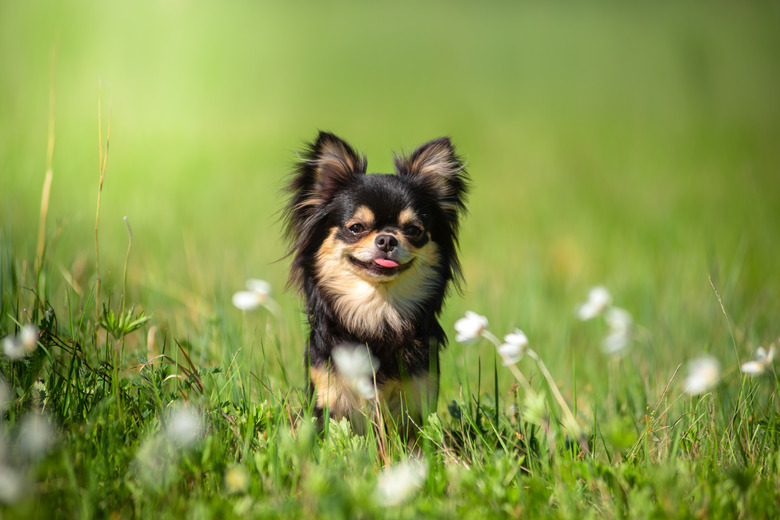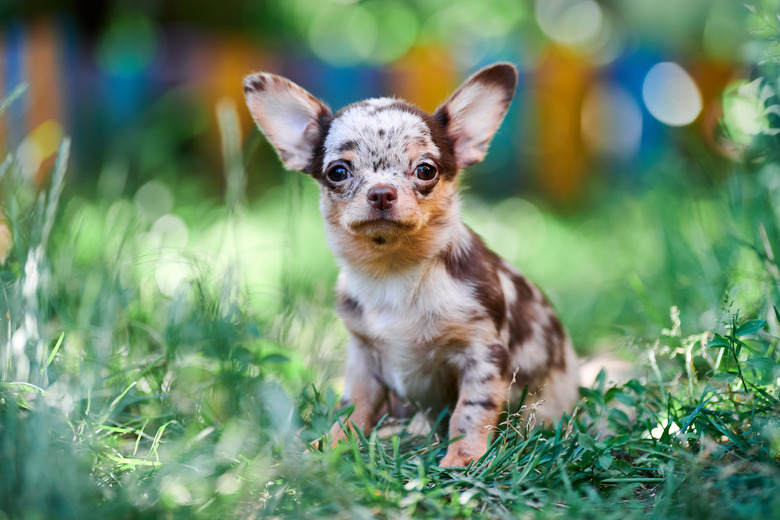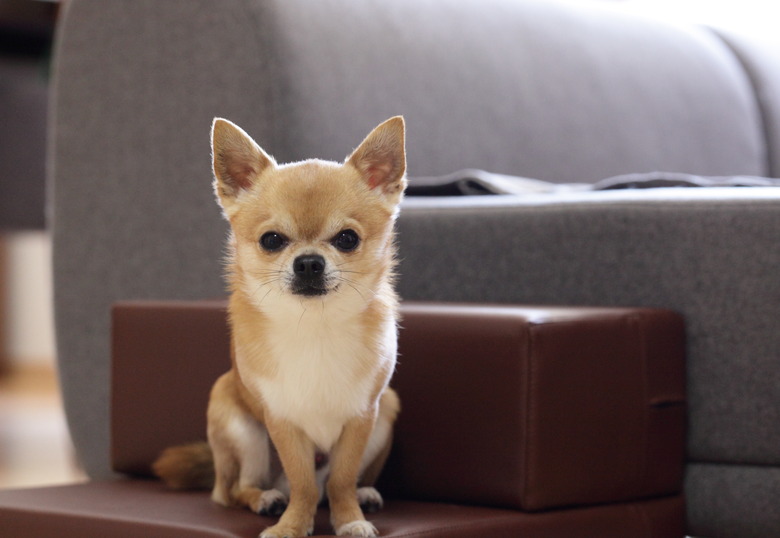Full Grown Teacup Chihuahua: The Size Of Teacup & Toy Chihuahuas
Toy, teacup, micro, mini, purse . . . if you see any of those words in front of the word "Chihuahua," you're seeing a description, not a breed. The breed is in the American Kennel Club's toy group of dogs, so in that sense, the Chihuahua is a toy dog. And he comes in two styles: smooth or short coat and long coat. Otherwise, a Chihuahua is a Chihuahua is a Chihuahua. And yes, if you're searching "are chihuahuas dogs" due to the viral photo that suggests Chihuahuas aren't dogs, be assured . . . Chihuahuas are dogs!
One Chihuahua breed
One Chihuahua breed
The American Kennel Club recognizes one size of Chihuahua, a small dog who may weigh up to 6 pounds, according to the breed standard. This tiny firecracker comes in many colors, including black, white, sable, red, and any combination. According to the breed standard, he should be slightly longer than he is tall and be graceful and alert. Though the American Kennel Club does not put a weight or height minimum on the Chihuahua, the standard notes he should be well-balanced.
Vague size definitions
Vague size definitions
Even though a "big" Chihuahua conforming to breed standard weighs little more than a bag of flour, there's still demand for purse-sized pups. A Chihuahua may weigh as little as 2 pounds and some breeders, in an effort to stand out from the pack and charge a higher price, may advertise teacup Chihuahua puppies, implying dogs small enough to fit in a teacup.
Since there is no officially recognized teacup Chihuahua, or micro, pocket-sized, toy, or miniature Chihuahua breed or size, the word "teacup" can mean just about anything. A full-grown teacup Chihuahua could be on the small end of the 2- to 6-pound scale, he could be a normal-sized Chihuahua puppy, or he could be smaller than a normal Chihuahua.
Chihuahua toy dog health considerations
Chihuahua toy dog health considerations
Like every dog breed, a healthy Chihuahua bred to the breed standard has potential health risks associated with his breed. For a Chihuahua, that means he's prone to luxating patellas, breathing difficulties from a collapsed windpipe, neurological disorders, eye disorders and eye injuries, the liver defect known as portosystemic shunt, congestive heart disease, dental problems, and obesity.
Despite these potential problems, a healthy Chihuahua typically has a life span reaching 15 years and beyond. Smaller Chihuahuas often have a shorter lifespan due to additional health problems, often living just five or six years.
Tiny dogs with big problems
Tiny dogs with big problems
Breeders who purposely attempt to downsize an already small dog use the smallest dogs to accomplish their goals. Often referred to as the "runts" of the litter, these smaller than normal dogs often aren't healthy representatives of their breed, hence their small size. Using compromised dogs as breeding stock contradicts a reputable breeder's goal to use only the healthiest dogs for producing puppies.
Teacup or toy versions of already small dogs are vulnerable to a greater variety of health problems, including hypoglycemia and easily fractured bones. Their tendency to have hypoglycemia means they need frequent meals and snacks which can easily cause the dogs to become overweight, putting pressure on their fragile bones.
The small breed generally has a low body temperature and keeping the dog warm is a major concern the smaller the dog is. Reputable breeders tend to discourage people from buying a mini Chihuahua weighing in the 2- to 3-pound range, as the dogs often come with large vet bills and a shortened life span.


